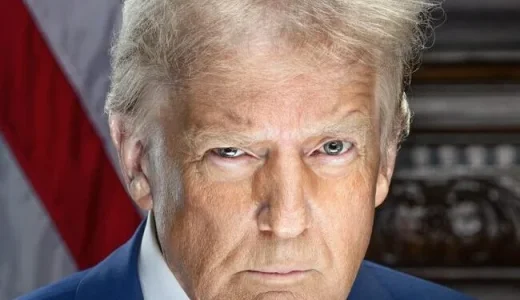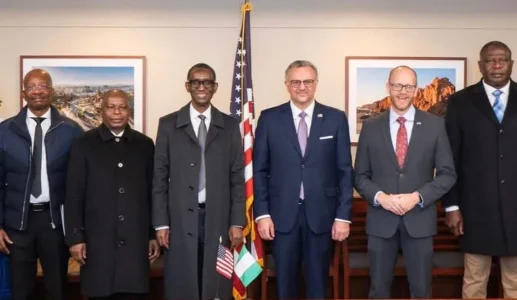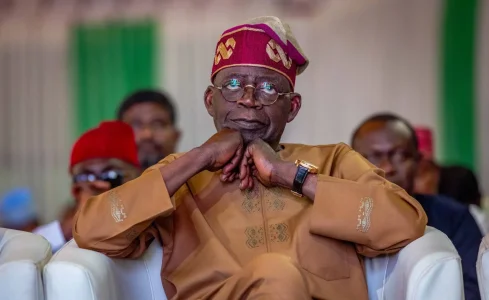
Anthony Russell Tatum, a shareholder in a company known as X, has brought to light shocking revelations regarding the lifting of the months-long ban on Twitter by the regime of then-President Muhammadu Buhari. Contrary to the assertions made by the Nigerian government two years ago, Tatum claims that the ban was lifted without any solicitation or dialogue with Twitter executives.
Tatum's allegations were unveiled in a 119-page lawsuit filed in Pender County, North Carolina, USA, against X and its owner, Elon Musk. The lawsuit accuses the company of concealing crucial information from shareholders and displaying recklessness, particularly regarding the failure to disclose takedown requests of tweets from foreign governments hostile to free speech.
The saga began in June 2021 when Lai Mohammed, then Information Minister, announced a ban on Twitter following the deletion of a tweet by President Buhari for inciting violence. The ban resulted in all internet service providers in Nigeria restricting access to the microblogging site.
Months later, in January 2022, the Nigerian government reversed the ban, citing negotiations with Twitter executives and the site's agreement to certain conditions such as taxation and establishing a physical office in Nigeria. However, former Twitter employee Peiter Zatko disputed these claims in a whistleblower report to the US Congress, alleging that no such dialogues took place.
Tatum's lawsuit heavily relies on Zatko's whistleblower complaint to bolster its argument against Twitter and Musk. Despite Musk's lack of direct involvement in the accusations, the liability falls on him as the owner of the company.
In December 2022, when Mohammed attempted to refute Zatko's claims at a press briefing in Abuja, he insisted that negotiations did occur with Twitter to lift the ban. However, Tatum asserts that Twitter's failure to correct the misinformation allowed the Nigerian government to negotiate unilaterally through the media, resulting in unfavorable terms for Twitter.
According to Tatum, Twitter's inaction not only enabled the Buhari regime to propagate a false narrative but also permitted the imposition of conditions that infringed upon free expression rights and democratic accountability for Nigerian citizens.




